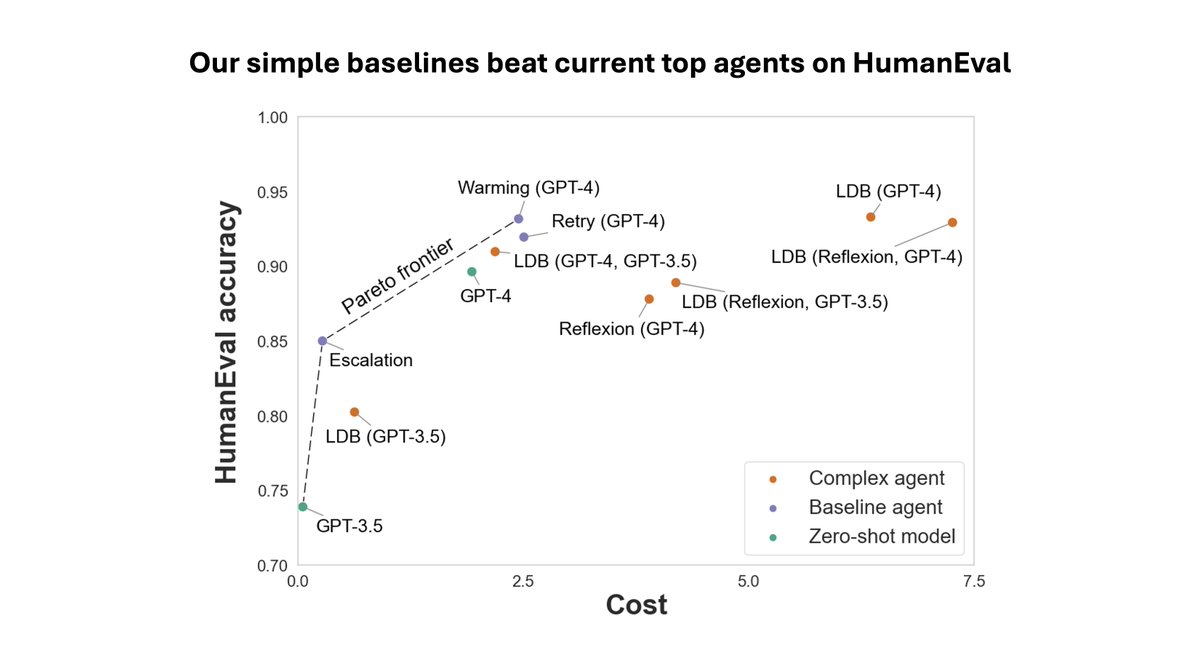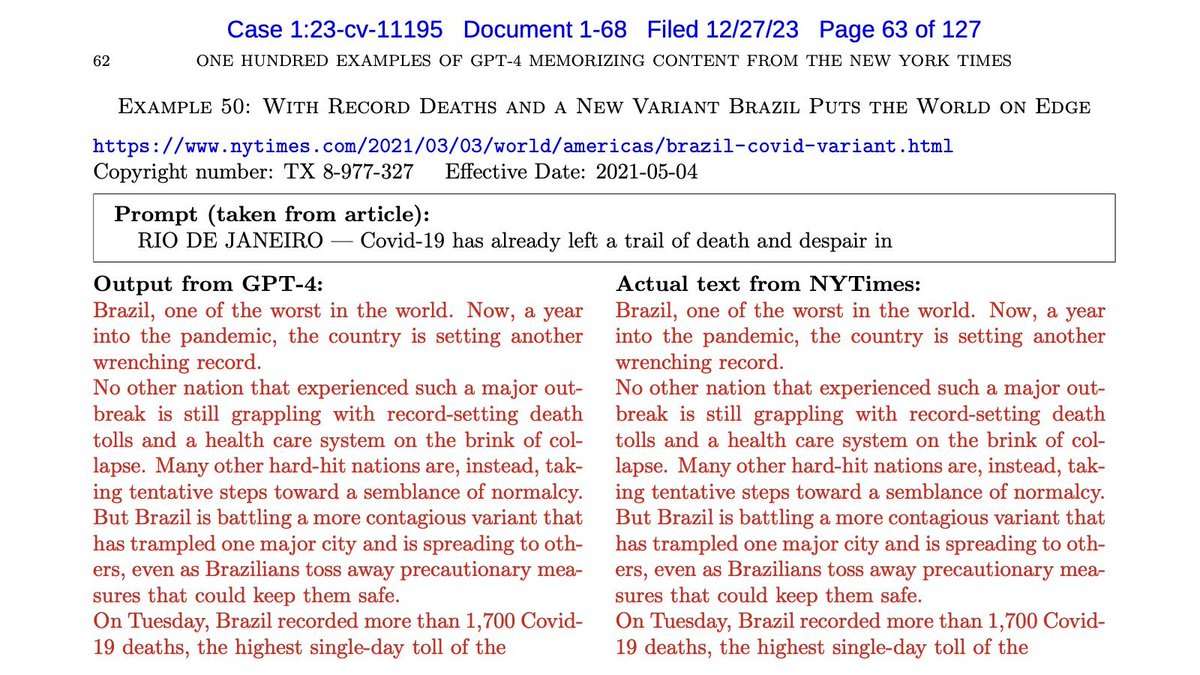In engineering fields, tenure is the result of a collective effort. I’m immensely grateful to my research team, mentors, and everyone who supported me. I want to share some thoughts about tenure and being productive in academia. 

Here’s why I’m sharing this — my academic trajectory might look like smooth sailing from the outside, but I experienced it as bumbling and meandering. Much of the time I felt like I didn’t know what I was doing. So here are some things I wish I’d known when I started.
1. A six-year tenure clock isn’t that long! It takes a year or two to settle in and become productive in a new research area, especially if you need to build a team. And your tenure application will likely be due at the end of year 5. So you really have something like 3-4 years.
If you feel like you haven’t done much at the end of year 1, don’t be discouraged. My first high-impact work wasn’t until the end of year 2. What’s crucial early on is figuring out your research direction(s). If you need to pivot, pivot early — it’s much harder to do it midway.
2. Tenure advice doesn’t generalize well (including, of course, this thread). You’ll often find yourself violating other people’s heuristics for how to be productive as a professor. Listen to your mentors, but have the confidence to do your own thing if you need to.
For example, at first I followed the usual advice to travel regularly to present my work and to network. Then I realized that my online presence gave me most of those benefits anyway, and I drastically cut back on travel. That’s the single best decision I made.
3. Don’t become a manager! I thought the secret to productivity was to hire a bunch of grad students and spend all my time advising them. In the short run, this will probably lead to a big increase in output. But the downside is that your skills will rust over time.
Besides, it’s far less enjoyable than doing a mix of advising and your own research, in which you're coming up with the ideas or writing the code or whatever. In recent years I've tried to maintain a healthy balance, but it takes conscious effort.
https://twitter.com/random_walker/status/918219301542334465
4. It’s stressful even if you’re doing well. In comparing notes with other professors who were up for tenure, I thought their tenure cases were slam dunks, and I was surprised to learn that they were stressed about it. Turns out they thought the same about me.
The good news is that while an academic career is stressful, it’s no more so than being a doctor or lawyer or any other profession. A major cause of stress is randomness. There’s a lot of it in every walk of life. We just have to learn to cope with it.
https://twitter.com/random_walker/status/950789126843961344
A final thought: I was a reluctant academic. When I decided to take the plunge, I promised myself I’d opt out of the aspects I disliked (e.g. secrecy, publish or perish). I’m fortunate it’s worked out. Nonconformism may be riskier, but far more rewarding and worth considering!
• • •
Missing some Tweet in this thread? You can try to
force a refresh










